Most Popular Chinese Words 2016
When one is learning Chinese, he should be aware that any language is dynamic and always developing. Constraining only to textbooks will let you learn old-fashioned expression, and worst of all, make you lose interest in learning. It’s important to keep your vocabulary bank updated and speak the Chinese that people actually use in their daily lives.
In this article, we will sum up the 10 most popular and frequently used catchphrases and internet buzzwords in the year 2016. Also take time to check out the most popular Chinese words of 2015
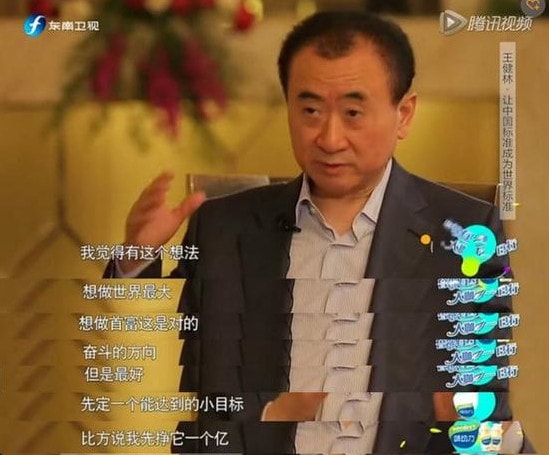
小目标
xiǎo mù biāo, a small target
It’s now a sarcastic expression originating from the advice to the young given by China's richest businessman Wang Jianlin in August, who said, "You shouldn't be that ambitious. Set a small target first, like earning 100 million Yuan ($15 million)."
E.g.
想要实现大目标,应该先定一个小目标。
One should set a small target first in order to realize a big target.

洪荒之力
hónɡ huānɡ zhī lì, primitive power
Meaning one's full strength and energy, the word went viral on internet when it had been used by Chinese swimmer Fu Yuanhui in an interview during the Rio Olympics, saying that she had tried her best and was satisfied with the results in an exaggerating tone.
E.g.
这次比赛,她使出了洪荒之力。
She has used all her power in this game.
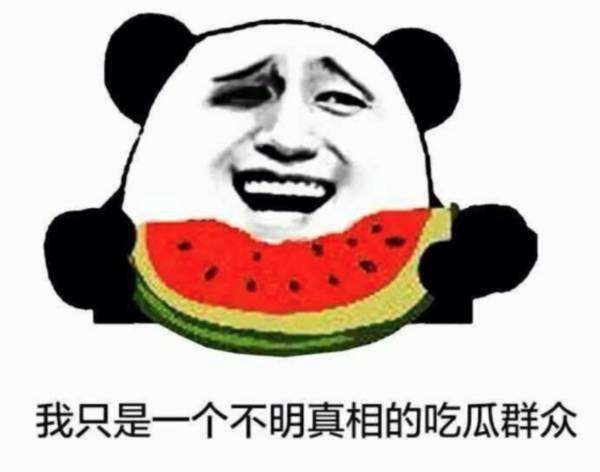
吃瓜群众
chī ɡuā qún zhònɡ, onlooker
Literally meaning “watermelon eater”, the word came from an interview of an old man. After a car accident, the journalist asked the old man what was going on. The old man replied with a puzzled face: “I know nothing. I was eating a watermelon just now.” His words soon became popular and people use吃瓜群众 to refer to an onlooker who doesn’t know anything about the truth.
E.g.
我只是一个吃瓜群众。
I am just an onlooker.
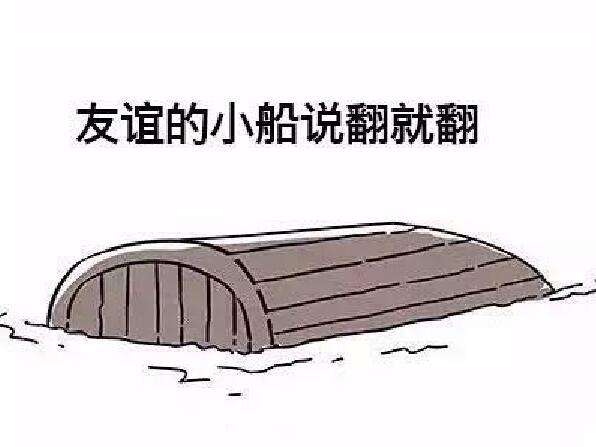
友谊的小船
yǒuyì de xiǎochuán, the small boat of friendship
The full sentence is“友谊的小船说翻就翻”, meaning “the boat of friendship is very easy to turn over”. The phrase is used as an irony to some friendship which is very fragile.
E.g.
她们又吵架了,友谊的小船真是说翻就翻。
They quarreled again. The boat of friendship can turn over easily.
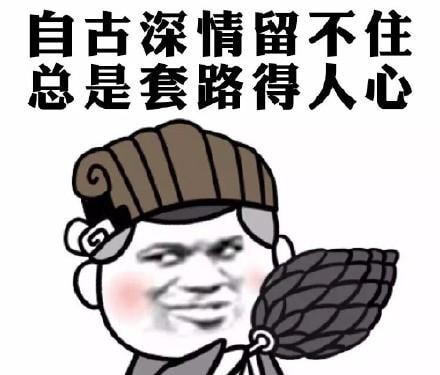
套路
tào lù, tricks
套路 is a negative word used to describe someone who is very sophisticated. If somebody “套路多/深”, it means he/she is full of cunning tricks. However, this word can be used as a joking way between friends.
E.g.
他这个人套路太深了。
He is a very sophisticated person.

葛优瘫
ɡě yōu tān, to slouch down like Ge You
葛优瘫 is a gesture of lying down. It came from the scene shot of the comedy “我爱我家”. The gesture shows that one is depressed and seems to be losing interest in life.
E.g.
葛优瘫是一种生活态度。
To slouch down like Ge You is a kind of life attitude.
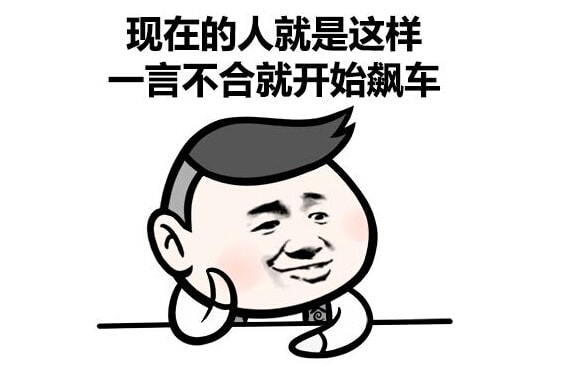
一言不合就 …
yì yán bù hé jiù …, once a disagreement occurs, then …
E.g.
她的脾气不好,经常一言不合就动手。
She has a bad temper. Once a disagreement occurs, she will beat someone.
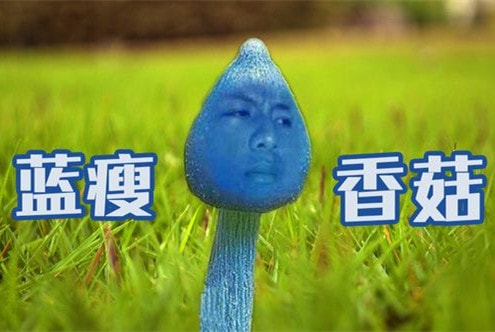
蓝瘦香菇
lán shòu xiānɡ ɡū, to feel awful and want to cry
蓝瘦香菇 is homophonic for “难受,想哭”. A young man from China’s Nanning province made a video of himself after breaking up with his girlfriend. In the video, the young man who has a strong accent of Chinese looked very sad and said “蓝瘦香菇”, which he actually wanted to say is “难受,想哭”.
E.g.
我新买的手机丢了,非常蓝瘦香菇。
I lost my newly-bought cell phone. I feel so awful and want to cry.
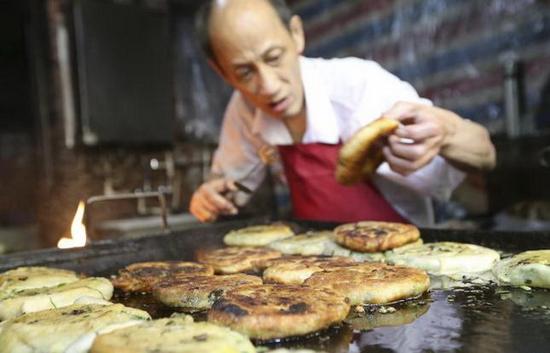
工匠精神
ɡōnɡ jiànɡ jīnɡshén, the spirit of a craftsman
E.g.
一个人做事情要有工匠精神。
One should do anything with the spirit of a craftsman.
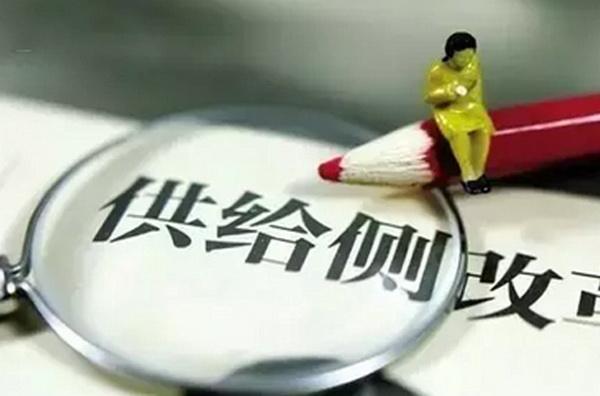
供给侧
ɡōnɡ jǐ cè, supply-side (reform)
E.g.
供给侧改革对中国经济来说既是挑战,也是机遇。
The Supply-side Reform will pose both a challenge and an opportunity to China's economy.